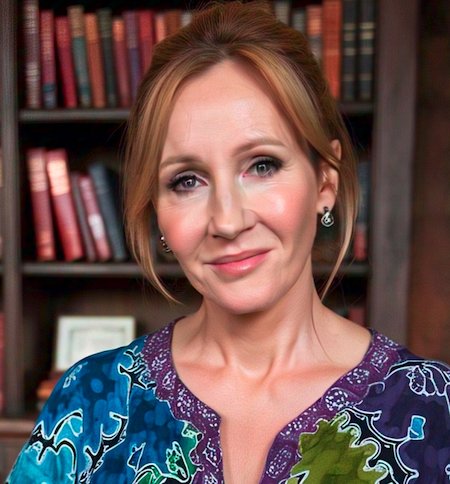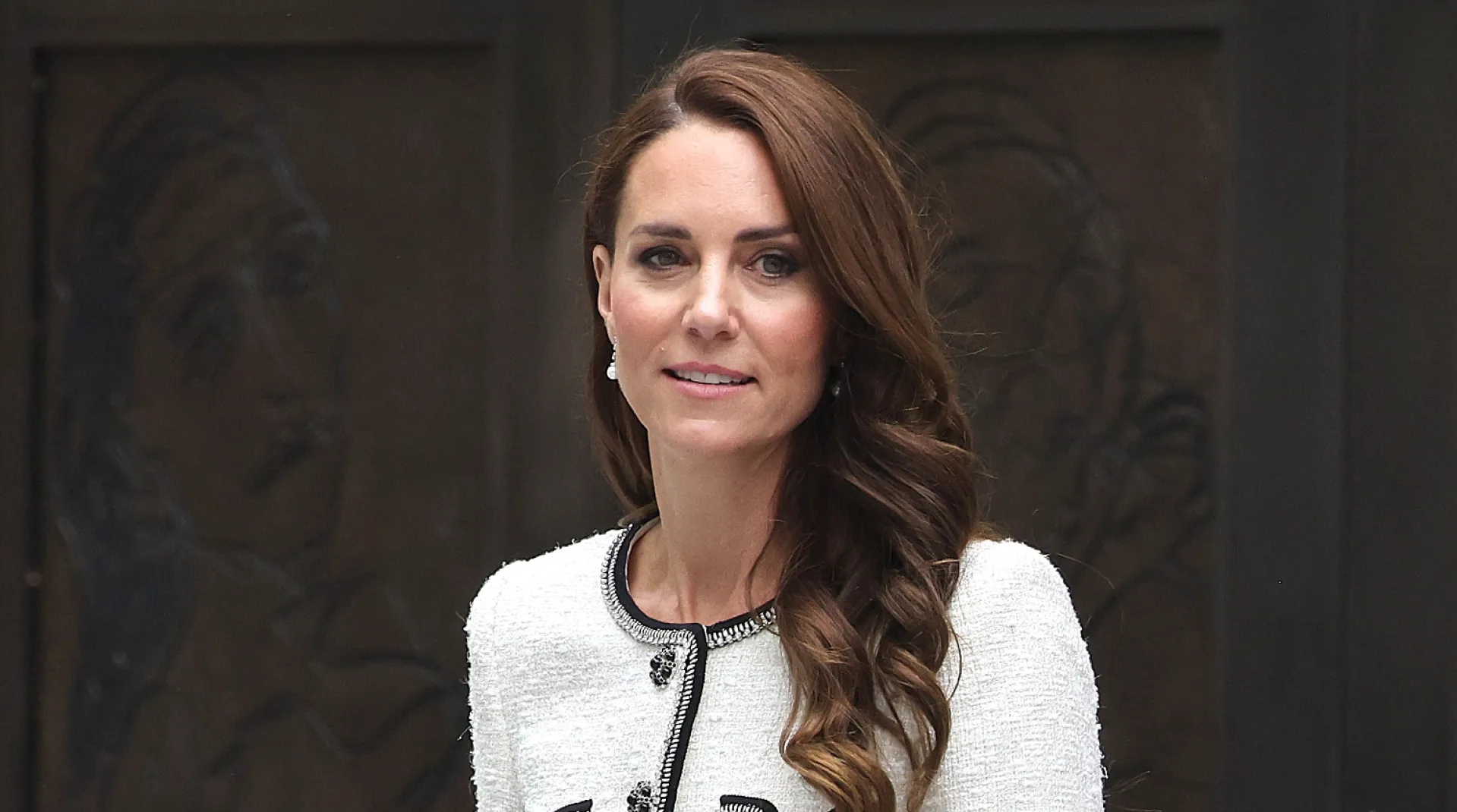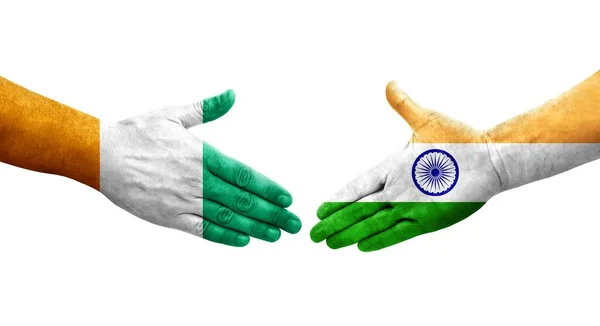Redefining Womanhood: UK Supreme Court Ruling Sparks Nationwide Debate

In a landmark decision, the United Kingdom’s Supreme Court has ruled that under the country’s Equality Act 2010, the term "woman" must be defined by biological sex. This ruling effectively excludes transgender women from being recognized as women under that specific law, igniting a firestorm of debate that could reshape policies surrounding bathrooms, hospital wards, sports, and more.
Though the judgment is technically confined to the interpretation of the Equality Act, its ramifications are expected to extend far beyond what the court initially outlined. The UK’s Equalities and Human Rights Commission (EHRC) announced plans to issue new guidance on managing single-sex spaces, with wide implications for schools, offices, charities, and public facilities.
Women’s rights group For Women Scotland, who brought the case forward, celebrated the decision with champagne outside the courthouse, declaring it a victory for protections based on biological differences. Meanwhile, transgender rights organizations condemned the ruling as harmful, exclusionary, and contradictory to previous progress made toward inclusion.
Kishwer Falkner, chair of the EHRC, described the ruling as “enormously consequential” and stated that it provides necessary clarity: single-sex spaces like bathrooms and hospital wards must be based on biological sex. Falkner suggested that trans individuals advocate for third, neutral spaces, such as unisex toilets, acknowledging that current NHS guidance, which accommodates trans individuals based on names and pronouns, will need revision.
Beyond healthcare, the ruling is expected to significantly influence law enforcement and prisons. The British Transport Police have already adopted a new interim policy, requiring same-sex searches in custody to be conducted based on biological sex. At the same time, many businesses and organizations are still assessing the impact, with public bodies inundating the EHRC with questions about how the decision will affect their policies.
The world of sports will also feel the effects. While national sports councils have existing policies for transgender inclusion, it remains unclear how these will evolve in response to the court's decision. Sport England and other governing bodies are now considering updates, while Falkner reiterated World Athletics' stance that trans women should not compete in women’s categories.
For the trans community, the ruling represents a painful setback. Jane Fae of TransActual UK described the decision as stripping trans individuals of the right to exist within British society, lamenting that it undermines the progress made since the Gender Recognition Act of 2004. Although trans women with Gender Recognition Certificates (GRCs) are still recognized for purposes like marriage and pensions, the broader impact of the ruling raises new uncertainties.
Culture war dynamics have deepened in the wake of the decision. JK Rowling, who funded the legal challenge, celebrated on social media, while women's rights advocates rallied with chants and signs outside the court. However, LGBTQ+ groups and feminist organizations swiftly criticized the ruling as a serious roll-back of rights, warning it could open the door to broader discrimination and social division.
Politically, the decision has presented a delicate moment. Prime Minister Keir Starmer has so far remained silent, while the Conservative Party has seized the moment to criticize Labour's past pro-trans stances. Conservative Leader Kemi Badenoch celebrated the court ruling, calling it a victory for women who had faced backlash for asserting biological realities, and pushing for further reviews of equality laws.
Looking ahead, the UK government’s challenge will be ensuring that public bodies, businesses, and institutions comply with the new interpretation of the law. As Britain steps into a new and contentious chapter of its gender rights debate, the ruling not only redefines womanhood in legal terms but also signals the beginning of new societal battles over identity, rights, and recognition.
What's Your Reaction?






















